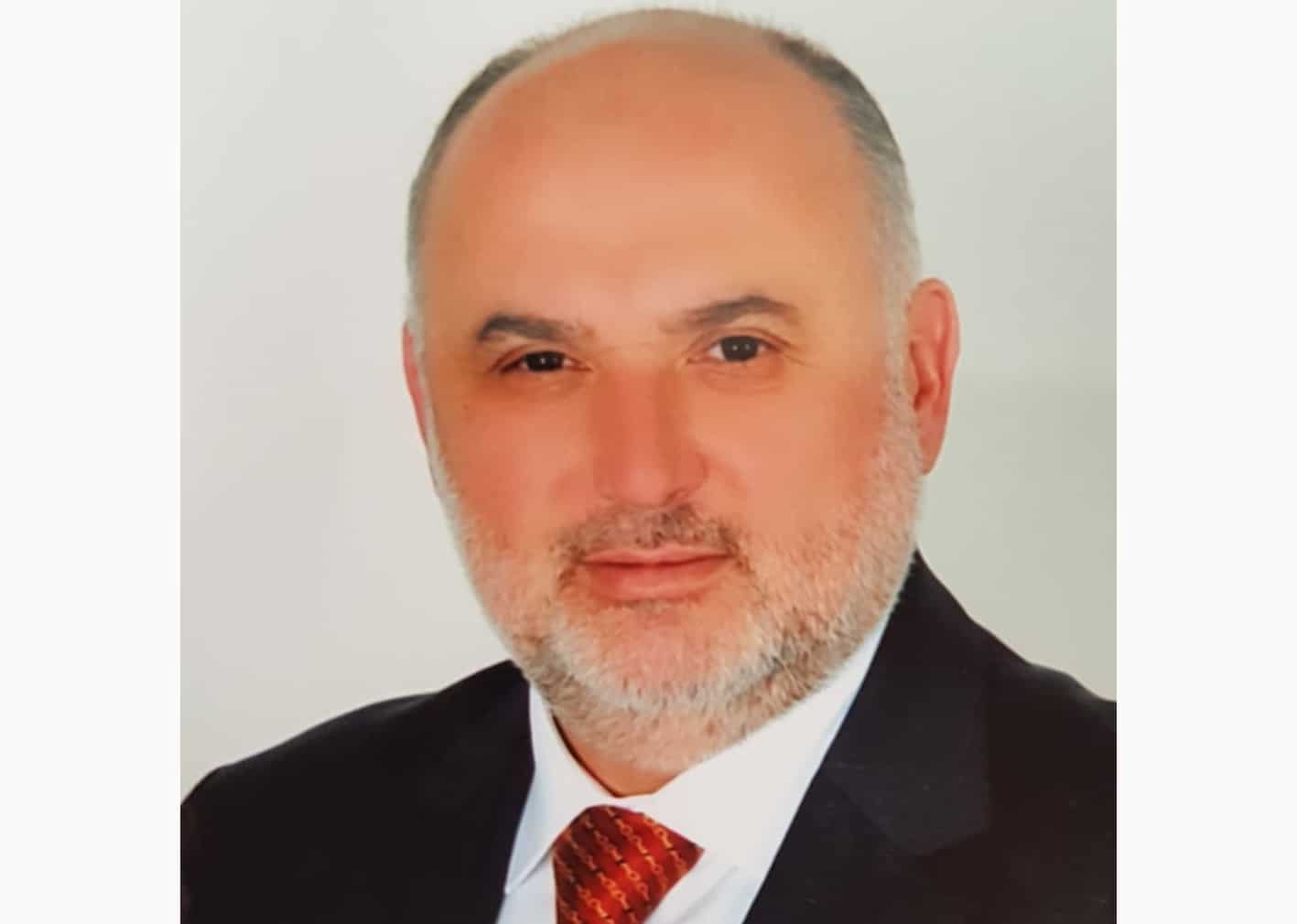Following the uproar caused by his misogynistic statements regarding the role of women in modern society the ‘head of religious affairs’ in the north Ahmet Unsal said that the controversial seminar was an idea of the Turkish ‘embassy’ in the north.
Speaking to Turkish Cypriot media outlet Yeniduzen, Unsal claimed that the seminar carried out at the Polat Pasha mosque on Monday was organised by a religious association affiliated with Turkey, which asked him to explain the roles of wives and husbands in Islam.
“Those were not my opinions, but the teachings of Islam written in the Quran,” he said.
Unsal reportedly told women in the audience that they should “marry and reproduce” and that the reason to get married “is to procreate and not to have fun.”
He also added that being married without having children needs to be avoided “at all costs” and that women “should respond to their men’s desires without hesitation.
“I never said those exact words, that is a distortion, an interpretation,” Unsal defended himself. “I would never say such things to a woman.
“However, Islam tells us that having children is the main goal for a husband and a wife.
“Not having children may be someone’s choice, it’s none of my business. But they asked me to deliver a religious point of view and I did.”
His incendiary statements were heavily criticised by politicians and teachers in the north.
Turkish Cypriot ‘MP’ Dogus Derya on Wednesday called for Unsal to be removed from his office, a stance similarly adopted by the secretary general of the opposition Republican Turkish Party (CTP) Asim Akansoy.
The latest political figure to join the chorus of disapproval was the leader of the People’s Party Kudret Ozersay, who said that secularism is embedded in the DNA of the Turkish Cypriot people and that no one will be able to change it.
“We will not allow outdated medieval ideas that marginalise and despise women, subjecting them to gender-based discrimination under the pretext of religion,” he told Yenidizen.
“It is imperative that those who are called to represent the state act by keeping in mind that they are bound by the provisions of our ‘constitution’ and naturally by the principles of secularism and equality.”







Click here to change your cookie preferences